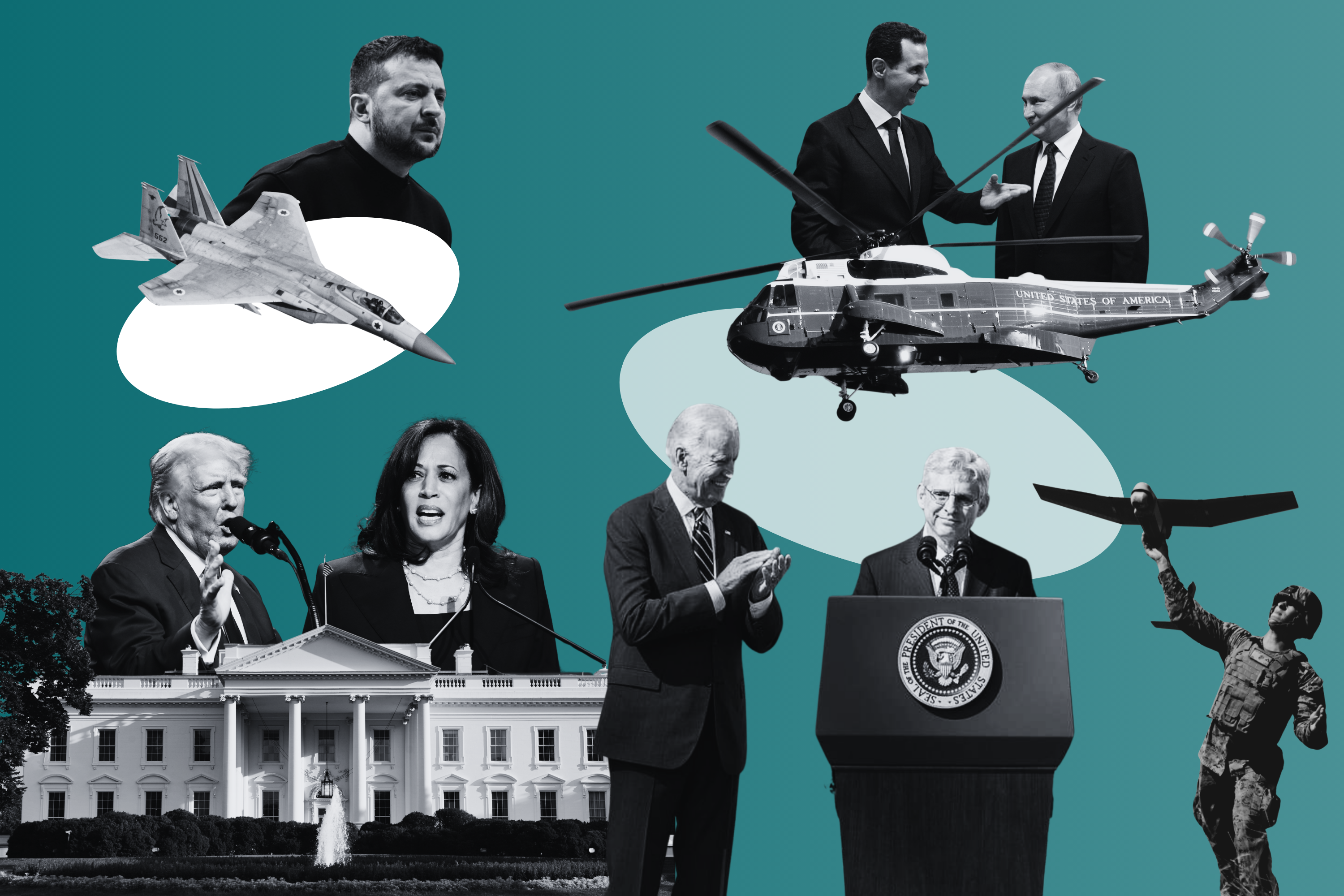Book Event on “Thank You For Your Service,” About Homecoming for Veterans
More than 2.5 million service members have served in Iraq or Afghanistan over the past 12 years of war. A number of terrific memoirs and histories have been written about their efforts in war.
Published by The Lawfare Institute
in Cooperation With

More than 2.5 million service members have served in Iraq or Afghanistan over the past 12 years of war. A number of terrific memoirs and histories have been written about their efforts in war. However, very little has been written so far about the experience of these veterans when they come home from war.
In Thank You For Your Service, Washington Post writer David Finkel describes the homecoming for a small group of Iraq veterans who saw some of the most intense combat of the war in Baghdad, circa 2007. Finkel, a winner of the Pulitzer Prize and a MacArthur Fellow, does a beautiful job portraying this group's experiences, and also connecting them to the broader challenges faced by the Army in addressing mental health issues within the force, including the rising number of suicides.
The book does not tell the story of the entire Iraq and Afghanistan generation. Rather, it focuses on a small group of veterans who saw some of the war's most intense combat -- and who, upon coming home, also experience some of the most intense difficulties with transition and reintegration. Although all combat veterans come home changed, few struggle to the extent described in Finkel's book. Nonetheless, his stories resonated a great deal with me, as the more intense incarnations of transition and reintegration issues we all face upon coming home from war.
Fewer than 1 percent of Americans serve today in uniform; fewer still serve in combat. The overall number of veterans in society is declining, as the World War II, Korea, Cold War and Vietnam cohorts fade away. The proportion of veterans throughout society, including those in elite public and private sector roles like Congress -- is shrinking too. This demographic change has profound implications for our democracy, particularly our deliberations over war and peace, as seen in the recent debates on Libya and Syria. Absent a return to conscription, these population trends are unlikely to change. Instead, we must look for other ways to bind the nation to those who serve in uniform. Thank You For Your Service puts a human face on the costs and burdens of war, providing one such bridge across the civil-military divide.
My think tank, the Center for a New American Security, is hosting a book launch event for Thank You For Your Service in Washington on the evening of October 1. The event will feature of a colloquy between David Finkel and Martha Raddatz, the longtime ABC News correspondent who is also the author of "The Long Road Home: A Story of War and Family," about one U.S. Army unit's fight for Sadr City in April 2004. The event is free and open to all who RSVP online at http://www.cnas.org/finkel-thank-you-for-your-service.
Philip Carter is Senior Fellow, Counsel and Director of the Military, Veterans and Society Program at the Center for New American Security
Philip Carter is a senior fellow at the Center for New American Security.





